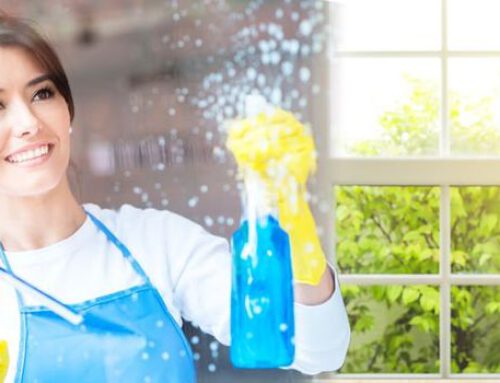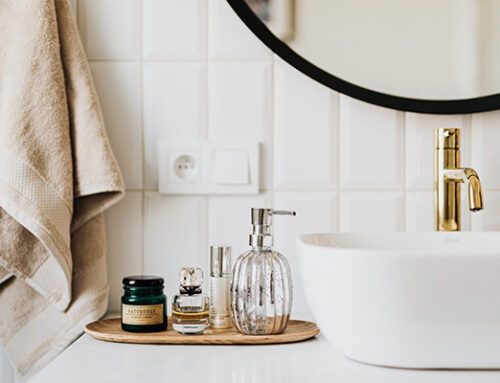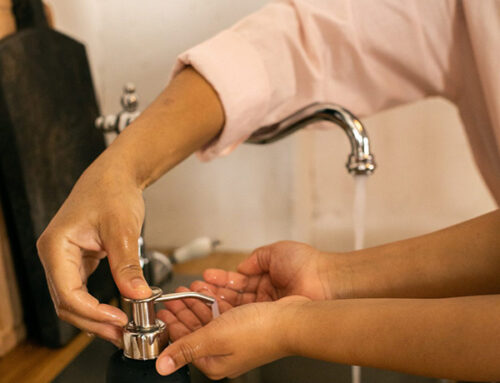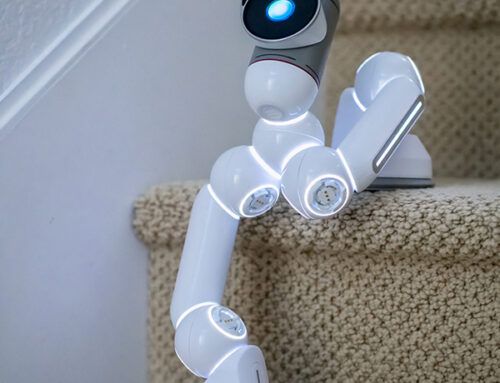Moving out of a rented property can be a stressful experience, especially when it comes to the end of tenancy cleaning. Many tenants underestimate the importance of leaving their accommodation in pristine condition, which can lead to disputes over the security deposit. A thorough end of tenancy cleaning checklist is essential to ensure nothing is overlooked and that professional standards are met.
This article highlights the top 10 end of tenancy cleaning mistakes and provides practical advice on how to avoid them. From neglecting carpet and oven cleaning to forgetting about window cleaning and upholstery cleaning, we’ll cover the common oversights that can cost tenants their deposits. We’ll also discuss the significance of carefully reading the lease agreement and the benefits of hiring a professional cleaning service for a deep clean that meets move-out requirements.
Overlooking Professional Cleaning Services
Many tenants overlook professional cleaning services when moving out of a rented property. While DIY cleaning may seem cost-effective initially, it often falls short of the high standards required for end-of-tenancy cleaning. Professional cleaners bring expertise, efficiency, and attention to detail that can significantly meet landlord expectations and secure a full deposit refund.
Professional cleaning companies use industrial-grade equipment and detergents not readily available to the public, ensuring superior results. They follow strict checklists and have the skills to tackle often-overlooked areas, such as high ceilings and hidden nooks. This thorough approach saves time and reduces stress during moving, allowing tenants to focus on other important tasks.
Learn more: 5 DIY Carpet Cleaning Hacks
Ignoring the Oven and Kitchen Appliances
Neglecting kitchen appliances is a common mistake during end of tenancy cleaning. The oven, in particular, requires special attention. Tenants should use a specialised oven cleaner to remove stubborn stains and grease, following product instructions carefully. It’s crucial to clean the oven door and racks thoroughly. Other appliances like the fridge, freezer, microwave, and dishwasher also need cleaning. For the fridge and freezer, defrost them overnight, using old towels to catch melted ice. Clean both the interiors and exteriors, including door seals. Running an empty cycle with appliance cleaner through the dishwasher and oven can help sanitise them effectively.
Learn more: Eco-friendly EOT Cleaning
Forgetting to Clean Windows and Blinds
Neglecting windows and blinds is a common oversight during end of tenancy cleaning. Many tenants underestimate the importance of these areas, which can significantly impact the property’s overall appearance. To avoid this mistake, tenants should focus on internal and external window cleaning. A microfibre cloth and a mild detergent solution can effectively remove dust and grime from windows. External windows may require professional cleaning, especially for higher floors or hard-to-reach areas. Vertical or horizontal blinds should be thoroughly dusted and wiped down to prevent the accumulation of allergens and maintain a clean appearance.
Neglecting Carpets and Upholstery
Neglecting carpets and upholstery is a common mistake that can cost tenants their deposit. Clean carpets make a significant difference in leaving a positive impression on landlords. To avoid this error, tenants should use a vacuum cleaner with a HEPA filter for thorough cleaning. Pre-treating stains with a carpet cleaning solution or a homemade mixture is crucial. Renting a carpet cleaning machine or hiring professional cleaners is recommended for deep cleaning. Professional cleaners use high-end gear and solutions unavailable to the public, ensuring better results. It’s important to note that some landlords may require professional cleaning with proof of receipt, although this cannot be legally enforced under the Tenant Fees Act 2019.
Learn more: How To Clean Windows At Home
Not Reading the Lease Agreement Carefully
Tenants often make the mistake of not carefully reading their lease agreement, leading to misunderstandings and potential disputes. The tenancy agreement is a crucial document that outlines the tenant’s responsibilities, including cleaning obligations. It typically specifies the expected condition of the property upon vacating, which may include professional-level cleaning. Tenants should pay close attention to clauses regarding end-of-tenancy cleaning, as these can affect their deposit return. While the Tenant Fees Act 2019 prohibits automatic charges for professional cleaning, landlords can still deduct cleaning costs from deposits if the property is left in an unsatisfactory state compared to the initial inventory.






